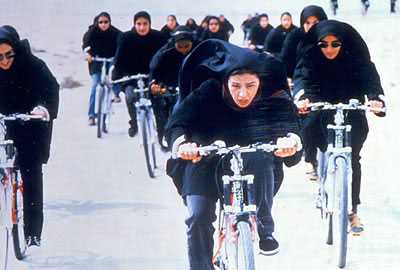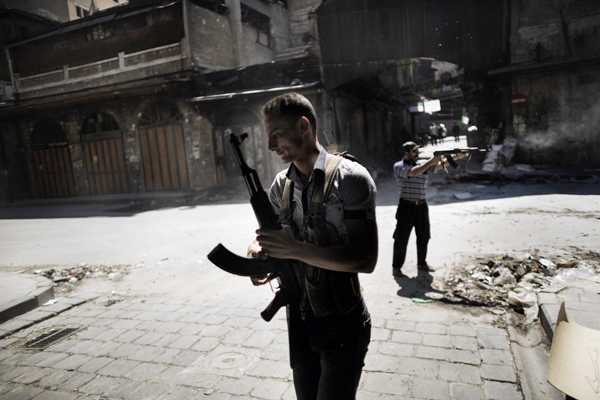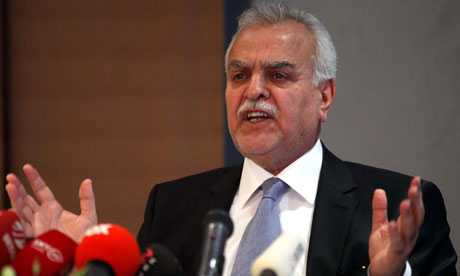By Daily Mail Reporter
PUBLISHED: 23:33 GMT, 19 September 2012 | UPDATED: 23:45 GMT, 19 September 2012
While outrage continues in the Middle East over the incendiary film, ‘The Innocence of Muslims,’ a new pro-Israel ad denouncing Jihad as ‘savage’ is set to make its debut on New York City’s subway system next week.
The ad states: ‘In any war between the civilized man and the savage, support the civilized man.’ It adds, ‘Support Israel. Defeat Jihad,’ in between two Stars of David.
NYC Metropolitan Transportation Authority spokesman Aaron Donovan said the ad was initially rejected for its ‘demeaning’ language, but is now expected to appear at 10 subway stations.
Although initially rejected for its ‘demeaning’ language about Islam, the ad is now expected to appear at 10 New York City subway stations next week
Although initially rejected for its ‘demeaning’ language about Islam, the ad is now expected to appear at 10 New York City subway stations next week
A Manhattan federal court judge ruled in July that the MTA violated the First Amendment rights of the ad’s sponsor, The American Freedom Defense Initiative (AFDI), and must let the ad appear, NBCNewYork.com report.
‘Our hands are tied,’ Donovan told The New York Times.
The group has also bought ad space in Washington D.C., but the transit authority there has said that it had ‘deferred’ the ad’s placement ‘out of a concern for public safety, given current world events.’
More…
Revealed: Leader of Benghazi consulate attack that led to death of four Americans ‘was former Guantanamo prisoner handed over to Libyans in 2007’
With restaurants suggesting gratuities of 30per cent, is America’s tipping culture getting out of control?
Bed head: The moment student is knocked out by MATTRESS after it fell from 30th floor of New York building
The group’s ad has already appeared on public buses in San Francisco, in August. The transit agency there, the Muni, said it would donate the $3,400 ad revenue to the city’s Human Rights Commission and placed an ad next to AFDI’s message to say ‘Muni doesn’t support this message.’
‘Our hands are tied’: Spokesperson Aaron Donovan says the MTA may now consider revising its ad policy
‘Our hands are tied’: Spokesperson Aaron Donovan says the MTA may now consider revising its ad policy
Golden Gate Bridge transit district, which provides bus and ferry service between San Francisco and suburbs to the north, rejected the ads at a Sept. 7 board meeting by adopting a policy banning religious and political ads.
Pamela Geller, executive director of the American Freedom Defense Initiative, said in an email to the Times that transit officials in Washington were ‘kowtowing to the threat of jihad terrorism.’
Recent events in the Middle East have not given her pause ‘for a second’ about posting the ads in New York, she said. ‘I will never cower before violent intimidation and stop telling the truth because doing so is dangerous,’ Geller said. ‘Freedom must be vigorously defended.’
‘If someone commits violence, it is his responsibility and no one else’s,’ she added.
The controversial ad is set to appear at 10 New York Subway stations next week
The controversial ad is set to appear at 10 New York Subway stations next week
The Southern Poverty Law Center branded Geller ‘the anti-Muslim movement’s most visible and flamboyant figurehead’ and AFDI as a hate group.
The Anti-Defamation League said in March that Geller ‘fuels and fosters anti-Muslim bigotry in society.’
Muneer Awad, the executive director of the New York chapter of the Council on American-Islamic Relations, told the Times the ads were an attempt to ‘define Muslims’ through hate speech.
‘It’s perfectly legal to be a bigot and to be a racist,’ he said. ‘We want to make sure there’s a counter-voice.’
Donovan said the MTA might consider revising its ad policy at its board meeting next week.
via Anti-jihad ad urging people to support ‘civilized man, not the savage’ gets go-ahead to be plastered on New York subway | Mail Online.






